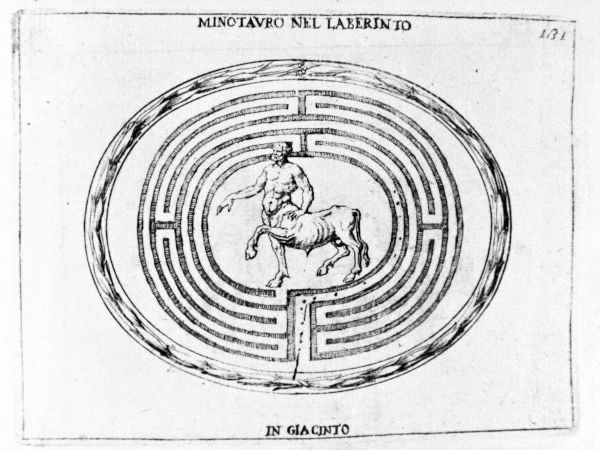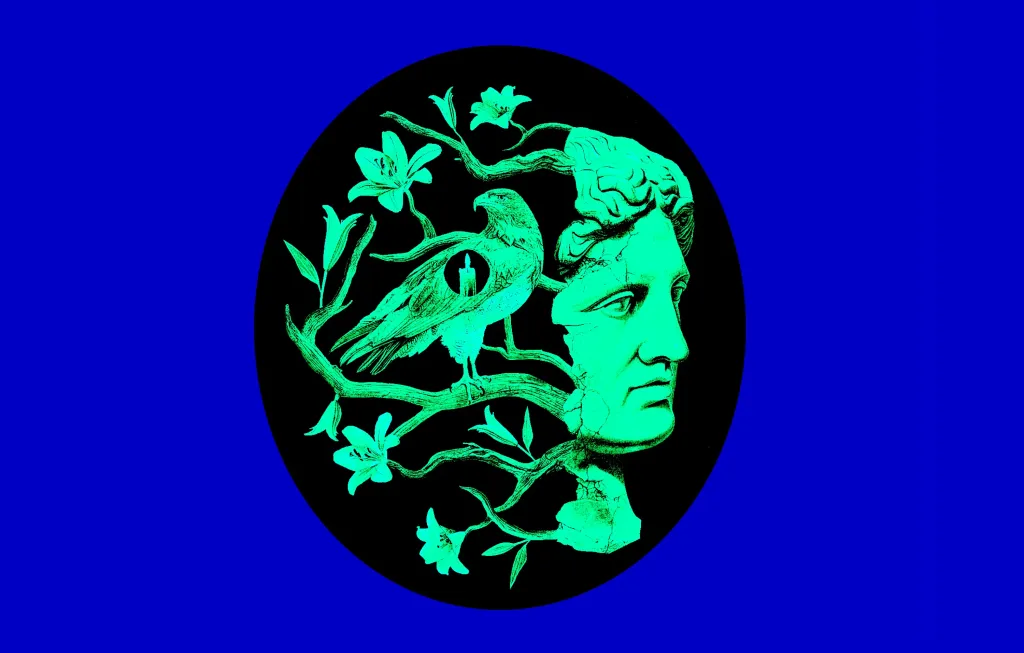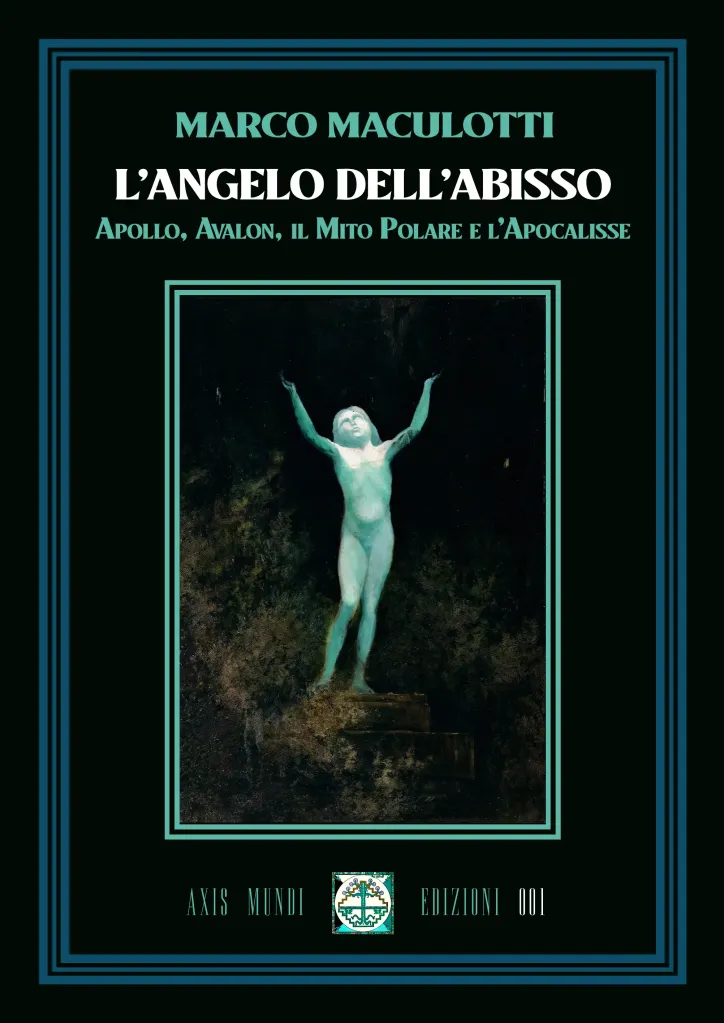APOLLO, ANGEL OF THE ABYSS (GIOVANNI SESSA, «THE BORGHESE»)

APOLLO, ANGEL OF THE ABYSS (GIOVANNI SESSA, «THE BORGHESE»)
MARCO MACULOTTI COMMENTS: 1di John Sessa originally published in the magazine "Il Borghese" n.1/year XXIII, January 2023 and subsequently reprinted in Barbadillo.it and CentroStudiLaRuna.it
MARCO MACULOTTI is a young scholar who deals with Tradition, folklore, esotericism and fantastic literature. The multiple interests have endowed him with an uncommon exegetical ability, conveniently exercised in the reading of symbols, religions and myths. This can be seen from his latest work, which has been in the bookstores for Axis Mundi Edizioni for some time, The Angel of the Abyss. Apollo, Avalon, the polar myth and the Apocalypse. The book moves from the shared conception that the archetypes, including the Apollonian one: «they are still alive and well, and are just waiting to be grasped by those who know how to understand them and "reveal" them from the historical patina with which they have been so carefully obscured» (p. VIII). It is a text which, built as much on the analysis of ancient sources as on the most accredited critical literature, deconstructs the myth of an exclusively uranic, solar Apollo, a typical product of Winckelmann's neoclassicism and presents an Apollo with a double face, so solar, how chthonic.

Marcel Detienne, in a study mentioned by Maculotti, Apollo with the knife in his hand, argued that the name of God refers to the verb apollunai, who are "to die», a meaning which, evidently, is syntonic with the telluric dimension. Eliade had perceived in the god of Light ambiguous qualities and not at all attributable to the mere order of reality and cosmic harmony. There potestas Apollonian, in fact, in Attica was connected to Pan and to the Nymphs, bearers, as Calasso well knew, of the «mental waters» designed to induce mania. The Sibyls lived in underground caves and in them, visited by the god, they prophesied. Maculotti essentially claims that Apollo is the god of coincidence oppositorum, in his divine figure the polar dimension and the daimon underground: «A duplicity which, however, is resolved precisely by understanding the essence of that axial dimension of which Apollo is the epiphany, that Hyperborea from which he comes"(P. 6).
The author also notes that the Apollonian cult arose in close connection with the North Asian shamanic tradition. For this his priests, the Iatromancers, as attested by copious and verified literature, they made journeys «in spirit» and diving into Hades. They, most oftenthey lived and acted as solitary ascetics, practicing a form of religiosity that clearly went beyond the rites and sacrifices on which the Olympian religion of the póleis was based» (p. 7). Shamanism and the Apollonian cult found their coherent elaboration and development in the birth of philosophy, given the lesson of Colli and Tonelli. The cult of Fire, so relevant in Heraclitus, refers to the Fire-Light which Arch who lives in the many and energizes the physical. The shamanic experience is, moreover, present in Empedocles. His death, achieved by throwing himself into the crater of Etna, refers to an asceticism that is shown only after the practice of «descent into hell». There are many testimonies concerning the Sages who tell of ecstatic practices aimed at separating the soul from the body, while others testify to their medical-thaumaturgical abilities.In a Milesian colony, in 1973, our author recalls, a tombstone from the III century was found. to. C. on which appears the epithet, attributed to Apollo, of Pholeuterios, a term which refers to «conceal» and can be translated as «Cave lord». The Apollonian cult, like the ecstatic practice of the Pythagoreans, included the technique of incubation which took place in natural cavities, propitiating a high degree of concentration and remembrance. The entire primitive knowledge of archaic Hellas merged into the pre-Socratic philosophy, so much so that: «Pythagoras was [...] considered a manifestation of the Hyperborean Apollo, a hypothesis that even Aristotle considered true» (p. 45). The legend that best allows us to understand the relationship between the philosopher and the god refers to the thigh of gold of the first. Thigh in Greek is meros, phoneme immediately assonant with Mount Mêru of the Vedic tradition, axis beat linked to the polar symbology of Apollo. These, in its function of daimon, in its link with the telluric dimension, plays the role of mediator between the human and divine world, it is an anagogical symbol driving from bottom to top.
In Delphi, the existence of an oracle of Gea, settled on-site visit before that of Apollo, it confirms the ambivalent structure of the Apollonian divine power. Upon his arrival in this sacred place, the god of Light did not kill the serpent Python but the dragoness Delphine, whose name means «womb». The victory achieved over Delfine can be interpreted as a triumph of Cosmos on Chaos of the origin. Since then Python has been subjected to the laurel of Apollo and was represented twisted around the omphalos: "Apollo was only able to be born in the thickest darkness, in that darkness that precedes dawn [...] He reveals himself only and exclusively in nocturnal situations [...] symbolically [...] infrauterine» (p. 109). For this reason, the other sacred centers attributable to the god of Light are placed on «abyss", on "hellish mouths», such as those dedicated to San Michele, lined up on the «Sacred Michelite line». Along this line is the island of Patmos, sunk and made to rise to new life, according to the myth, by Apollo and Artemis (another divinity linked to the Earth). The timeless island corresponds to the Sacred Polar Earth, of which the Hyperborean myths and the grail tradition of the Kingdom of Avalon tell (on these aspects, Maculotti entertains the reader at length and with persuasive arguments).On Patmos, St. John the Evangelist wrote the «Book of Revelation». The Christian liturgy maintains that John would have received the revelation of theApocalypse by the Archangel Michael, a sort of «double Christianized» of Apollo, according to the author. These coincidences suggest a possible continuity between the Apollonian and the apocalyptic mantics. In any case Apollo, according to Maculotti, is the god who cancels the distance between Earth and Heaven, at least in those who allow themselves to be struck: «from his arrow and be able (not) to understand the cosmic Harmony inherent in the seven notes breathed by his lyre, giving birth in the abysmal intimate [...] the prophetic ability"(P. 121).
For us who believe that the principle is given solo in the many, that we think the physical in sacral terms, the most relevant part of this study must be identified in the demystification of Apollo as a sun god. His duplicity refers, on the contrary, to theArch as coincidence oppositorum, in which masculine and feminine are given.

Marco Maculotti
The Angel of the Abyss. Apollo, Avalon, the Polar Myth and the Apocalypse Axis Mundi Editions
Pages 383 – €28,00